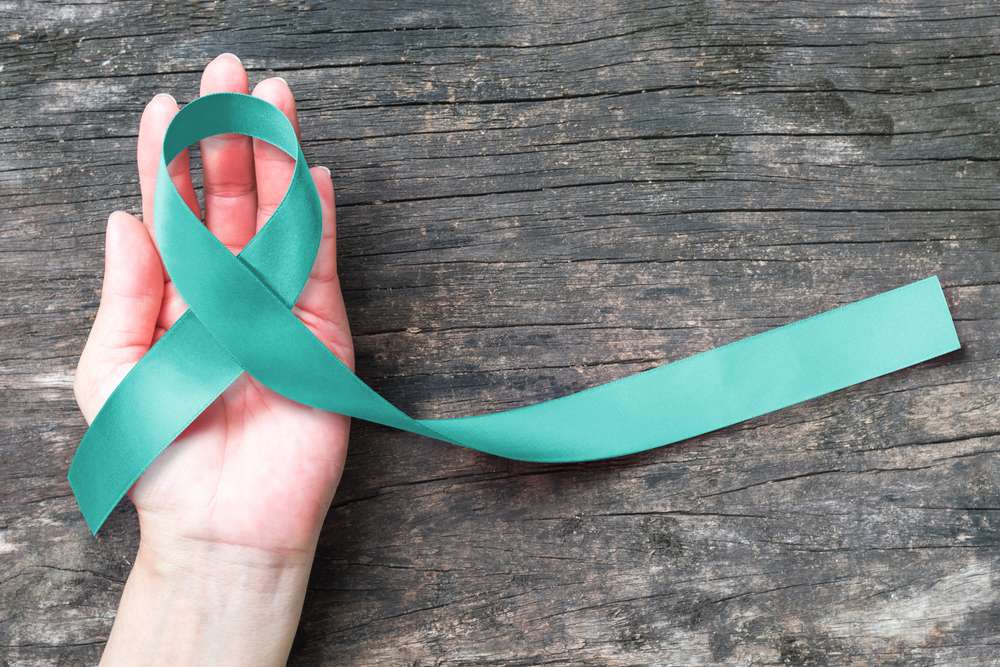According to the latest statistics, untreated human papillomavirus (HPV) causes more than 90 percent of all anal and cervical cancers. It also causes about 70 percent of all oropharyngeal cancers. However, most people aren’t even aware that HPV causes cancer at all. The HPV vaccine can prevent HPV from Learn about HPV and STD testing in New York City.
A new study published in the JAMA Pediatrics found that both men and women in the USA aren’t generally aware that this STD causes cancer. In the study, researchers from the University of Texas surveyed a total of 6261 men ad women in the United States. Two-thirds of the men and a third of the women were not aware that HPV causes cervical cancer.
Even more alarming is the fact that more than half of men in the United States have HPV. Human papillomavirus is the most common sexually transmitted infection in the United States. In addition to being linked with various cancers, HPV also causes genital warts.
What Is HPV?
The human papillomavirus is one of the most prevalent sexually transmitted diseases in the USA. If you are currently sexually active, there is a very high chance that at some point, you will have been infected with HPV.
HPV also causes a high number of oral, anal, vulva, penile, and cervical cancers. According to the Centers for Disease Control and Prevention, most cancers caused by HPV are preventable with the HPV vaccine and STD testing.
How Is HPV Spread?
HPV can be spread through oral, vaginal, and anal sex with someone who has the virus. HPV is also spread through close skin contact. The virus often has no symptoms at all. Many people don’t know that they have it. The only way to be sure is with STD testing.
When it comes to taking care of your sexual health and preventing HPV, practicing safe sex is crucial. However, it is not 100 percent effective. That is because HPV is extremely contagious. Even a condom does not provide complete protection against HPV. The virus may live in exposed areas. Plus, HPV can be spread through oral sex. This is why STD testing is so crucial.
Is There An HPV Vaccine?
There is an HPV vaccine available for adolescents and young adults. You must get the vaccine after age 11 or 12, usually before the age of 26. Getting the vaccine after becoming sexually active does not protect against HPV. That is because you are most likely already have the STD.
If you are older than 26 or sexually active and have not had the HPV vaccine, then you need to get STD testing for HPV. Regular STD screening along with Pap smears will detect almost all precancerous changes before they turn into full-blown cancer. Cervical cancer is completely preventable if doctors detect and treat it early enough.
What Are The Signs Of HPV Infection?
If you have HPV, you might not even know that you have it. Most men and women don’t know. There are more than 150 types of HPV and many of them cause no symptoms at all. That is why so many people are not aware that they have the STD. The only real sign of an HPV infection is genital warts. Genital warts are small flesh-colored bumps that look like cauliflower. They generally do not hurt, although they may cause bleeding during intercourse. These bumps can also be itchy.
The strain of HPV that causes genital warts is not the same one that causes cancer. The strains of HPV that cause cancer are called “high-risk” strains. There are 12 high-risk strains of HPV. These strains do not cause any symptoms at all. So, you’d never know that you have a high-risk strain of HPV without STD testing and regular pap smears.
Where Can I Get Tested?
You can get same-day walk-in STD testing at Statcare New York. We offer HPV testing as well as screenings for herpes, chlamydia, and gonorrhea. For women, we can do a Pap test. For men, we can do anal swabs. You can also schedule an appointment online, which means that you will get in and out quicker.




